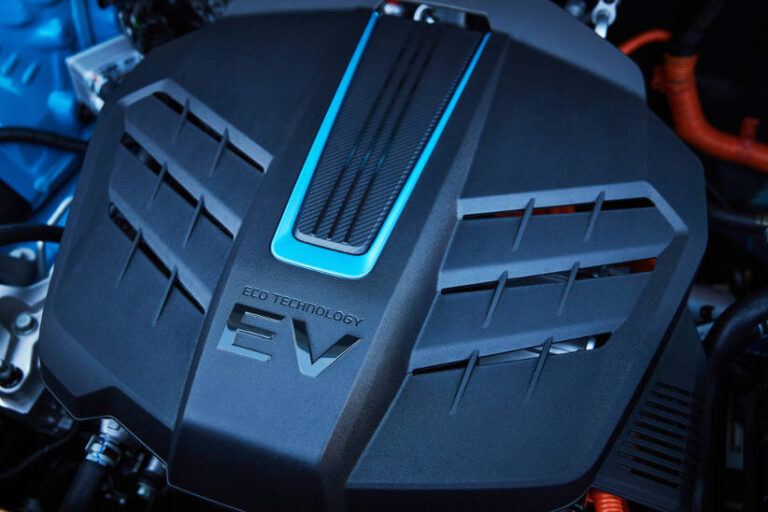The Executive Director of the Australasian Fleet Management Association, Mace Hartley, has taken a firm stance against the Electric Car Discount bill in its current form. The bill, which was passed in November by the Federal government, makes electric and PHEV vehicles exempt from Fringe Benefits Tax (FBT) for a limited period to encourage companies to adopt zero emissions cars in their fleets.
In an email to the fleet community last Friday, AfMA stated it’s position indicating the FBT exemption is great for companies but will place an extra burden on employees that are forced to drive electric vehicles. It even suggested that this issue will cause industrial action.
The AfMA Position
The Australasian Fleet Management Association (AfMA) believe the removal of FBT for organisations but not their drivers is unconscionable. AfMA highlighted this problem in its response to the Government’s National Electric Vehicle Strategy consultation paper and has communicated its concerns directly with the Treasurer, the honourable Jim Chalmers.
It’s hoped common sense will prevail, leading to urgent changes to the Electric Vehicle Discount Bill, thereby removing barriers to decarbonisation and preventing likely industrial action.
unconscionable – not right or reasonable
The issues raised by AfMA highlight that FBT is added to an employee’s group certificate to provide a total compensation amount. Adding FBT to the cash component of a remuneration package provides a holistic position of the benefits received by an employee from the employer.
For example, if the employee is paid $80,000 cash and receives the benefit of a company car with a reportable FBT value of $10,000**, the government deems the total financial benefit to be $90,000 which is then used to calculate eligibility for various family assistance payments and other government financial support.
From the statement on the AfMA website, it indicates overall support of the bill though it would like to see changes made that shield the employees (drivers of fleet vehicles) from unintended impacts to the household budget.
To say the bill is ‘unconscionable’ relies on the argument that electric vehicles cost more to buy and operate compared to the petrol or diesel car it is replacing so the reportable FBT value will be higher. It would also depend on the method used to calculate FBT and the amount of personal use by the employee.
There are many variables to consider which places an onus on employers to educate fleet drivers on the potential impacts to their financial situation and, where possible, allow some flexibility
** Fringe Benefits Tax applies when an employee has used a company vehicle for personal use such as taking it home each night. The amount of benefit is calculated using an approved formula from the Australian Taxation Office.



 Fleet EV News
Fleet EV News 


